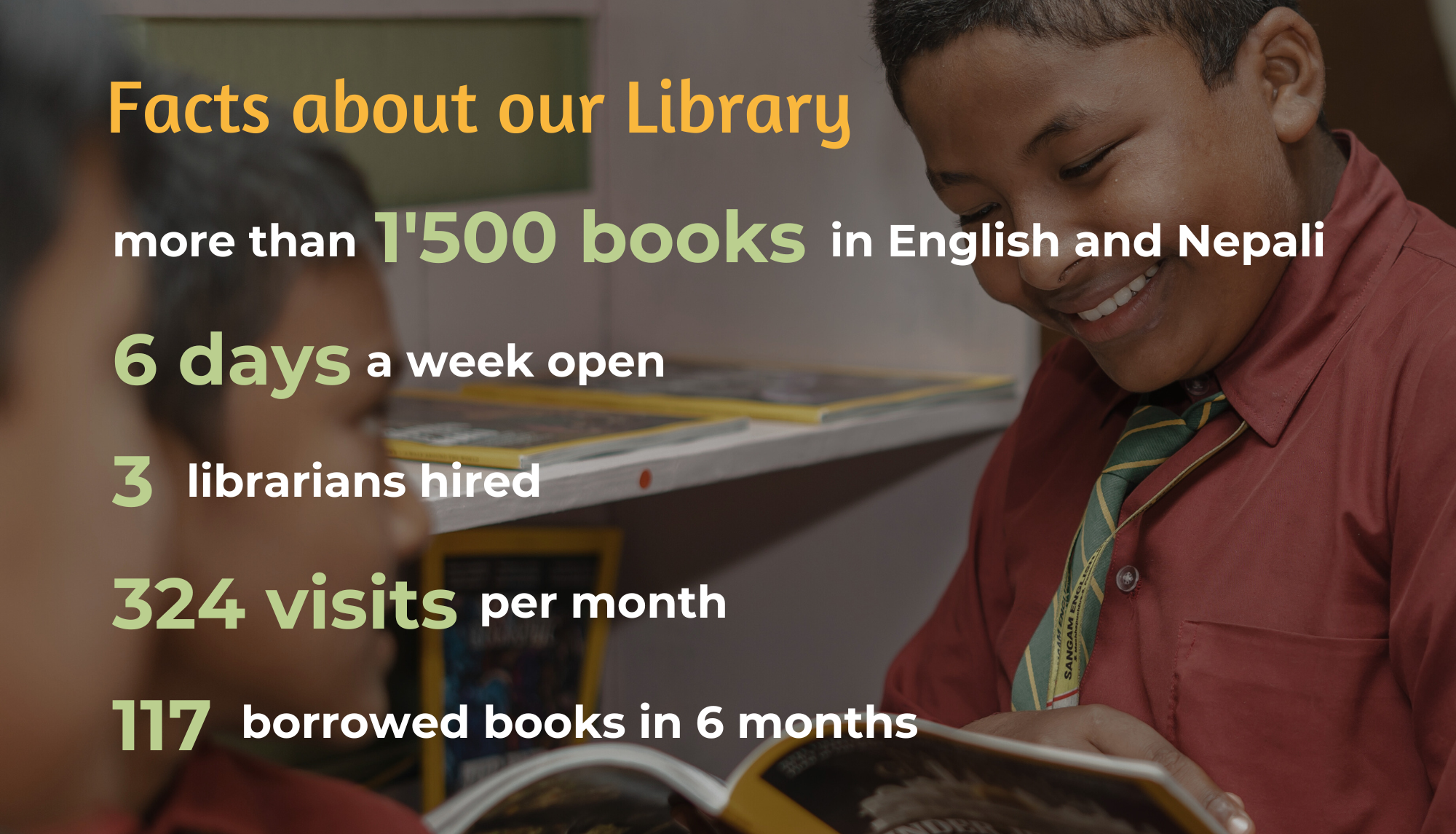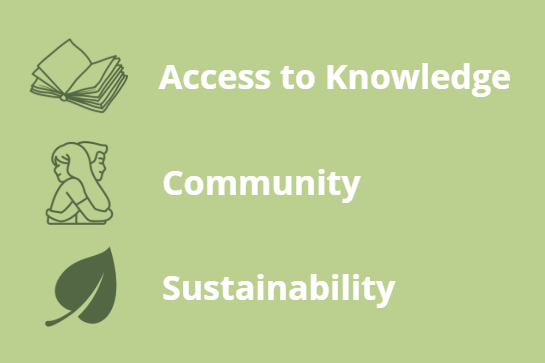Sapana
Thank you for visiting our website. We would like to tell you more about our dream of opening a library in Nepal, and we hope that you will share our excitement.
Let’s start with a few facts about Nepal. If you would like to find out more, you can access further information about this fascinating country in the “About Nepal” category.
Let’s get started
With an average daily wage of less than three Swiss francs, Nepal is one of the poorest countries in Asia. The level of education is low, and many remote villages have limited access to information and knowledge. As we saw once again during our travels through Nepal, the few public libraries lack organisation and books that meet the needs and interests of the community.
We take libraries for granted: borrowing an exciting book before the holidays, reading up on a specific topic or simply immersing ourselves in another world. However, this is a privilege not everyone enjoys, and the Sapana team wants to change that! Through our project, we aim to make books and knowledge more accessible.

This shows what the library looks like today.
This video shows you where this project was realised and with which local community.
Support us now…
Which of our goals have we already reached?
Our goal is to open a library with a children’s section in the Nepalese village of Khoramukh. This is based on three main criteria:

Access to Knowledge
One of our main goals is to improve access to helpful information and knowledge because education plays a vital role in a person’s development and fulfilment of their potential. Many villagers move to the cities due to the lack of educational opportunities in rural areas.
This project provides the community of Khoramukh and the surrounding villages with a tool to help them improve their locality, thereby promoting cohesion and a ‘can-do’ culture within the community.
Of the library’s collection of over 1,300 books, 60% are in English and 40% are in Nepali. These were selected based on community interests and suggestions, and the inventory is constantly expanding. Most of the reading material has been collected through donations of books from private individuals or local publishers.
“Books open the door to knowledge and are therefore a path to a better future.” – Fernanda, founder of Sapana
Promoting Community
The library was opened in the existing community building, where children, young people, and adults alike have access. We have also set up a children’s area so that mothers can find the time to visit. We are happy to give you more insight in the blog post “The library location.”
The library is intended not only as a place to borrow books, but also as an interesting meeting place where people can exchange ideas. It can be used for storytelling sessions, instrument lessons and game afternoons, among other things. Exchanging ideas between locals, professionals, teachers and students in a village is extremely important.
Sustainability
Sustainability is one of our core principles. Our goal is for the library to be fully taken over by the local community and run independently five years after it opens (at the end of 2028). Accordingly, we are creating a solid foundation for a project that can be implemented in the long term. To make this possible, a library committee has been set up to jointly take care of the many tasks that need to be done. The committee makes important decisions based on the interests of the community. To keep the library up to date, we have hired three librarians who, in addition to day-to-day management, also organize community workshops and new books, for example.
In order to cover these salaries, the purchase of new or damaged books, training courses, electricity, and all other running costs, ideas for a sustainable source of income are currently being gathered. The committee and Sapana are currently discussing the construction of a fish pond or the purchase of an off-road jeep, which could be used for emergency or general transport, for which there is a great need in Khoramukh.
Wherever possible, local partnerships were relied upon for implementation. This means, for example, that we involved painters, carpenters, and electricians from the village.
The municipality of Khoramukh has offered to cover 10% of the project costs and has provided the infrastructure for the children’s area from its own resources. This demonstrates their considerable interest and commitment and is a fundamental building block for sustainability. Our project has also been approved and recognized by the local authorities.
The library was built in close collaboration with the local community.